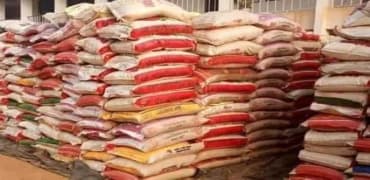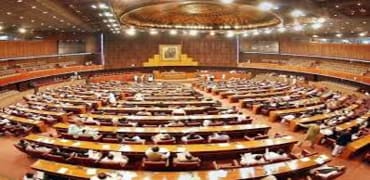What rising oil prices mean for Nigeria’s fiscal position, stable naira
What rising oil prices mean for Nigeria’s fiscal position, stable naira
Rising oil prices have both positive and negative implications for Nigeria's fiscal position and the stability of the naira.
By Rhalialt Arhuoizah
*Positive Impacts:*
- *Increased Revenue*: Higher oil prices can boost Nigeria's dollar earnings, improve its foreign exchange reserves, and support greater exchange rate stability. This could lead to increased government revenue, potentially helping achieve the projected oil revenue target of N19.5 trillion.
- *Improved Fiscal Consolidation*: With higher oil prices, the government may experience improved fiscal consolidation, which could moderate the growth of the fiscal deficit and reduce the total debt stock.
- *Stable Naira*: A stable naira is expected, as higher oil prices can lead to increased foreign exchange inflows, thereby supporting the local currency.
*Negative Impacts:*
- *Inflationary Pressures*: Rising oil prices can lead to higher production costs, transportation costs, and ultimately, higher prices for goods and services. This could exacerbate Nigeria's inflation rate, currently near 23%.
- *Increased PMS Prices*: Higher oil prices may lead to increased prices of petroleum products, affecting consumers and businesses. Fuel prices in Nigeria have already risen, with some stations selling petrol at almost N1,000 per liter.
- *Global Economic Uncertainty*: The ongoing conflict in the Middle East and potential disruptions to global oil supplies may lead to continued volatility in oil prices, affecting Nigeria's fiscal position and economic stability .
*Key Recommendations:*
- *Diversify Economy*: To mitigate the impact of oil price volatility, Nigeria should prioritize economic diversification, investing in sectors like agriculture, manufacturing, and creative industries.
- *Optimize Revenue Potential*: The government should optimize revenue potentials by ending crude oil theft, boosting aggregate output, and reducing the cost of governance.
- *Invest in Infrastructure*: Increased revenue from higher oil prices should be invested in critical infrastructure development, while tackling insecurity to support improved productivity in agrarian communities .

















